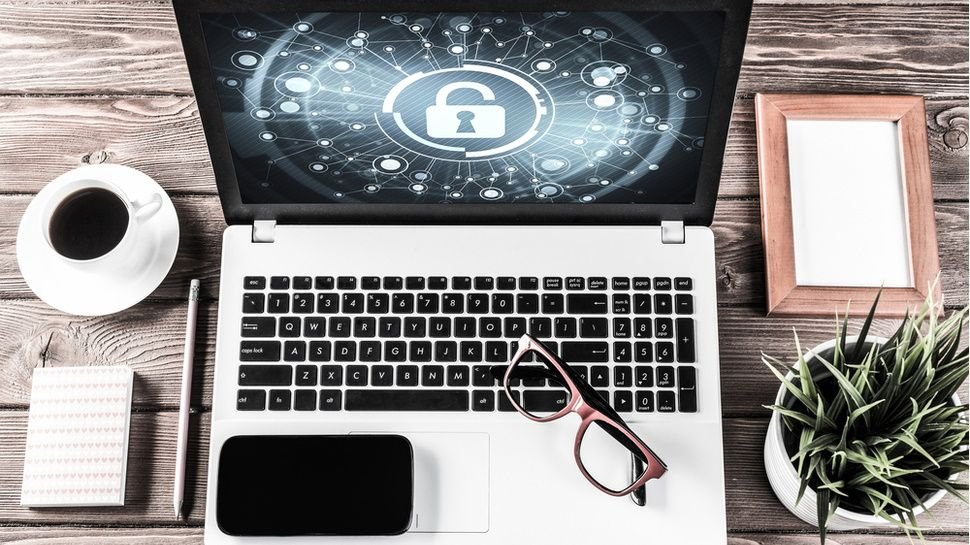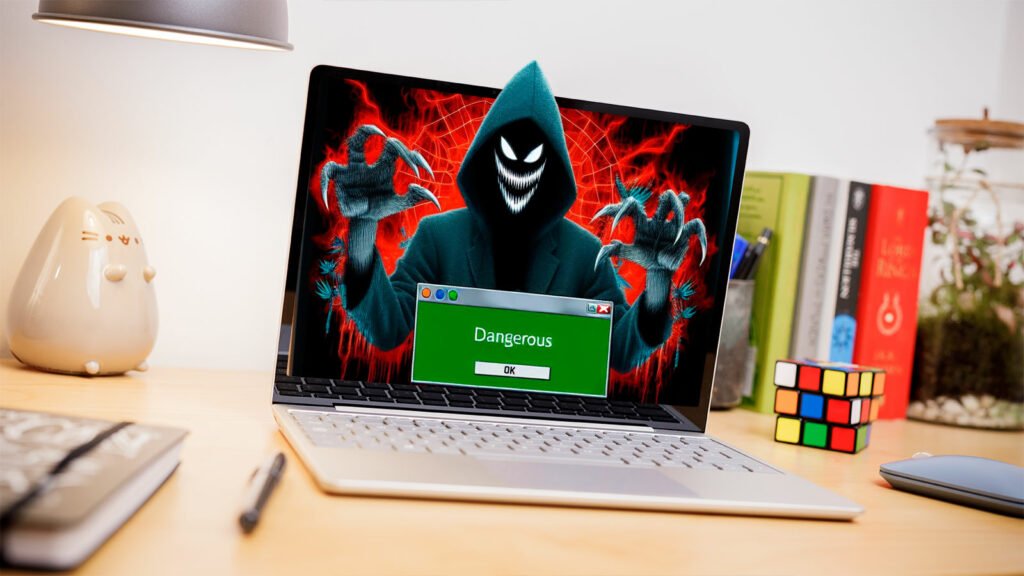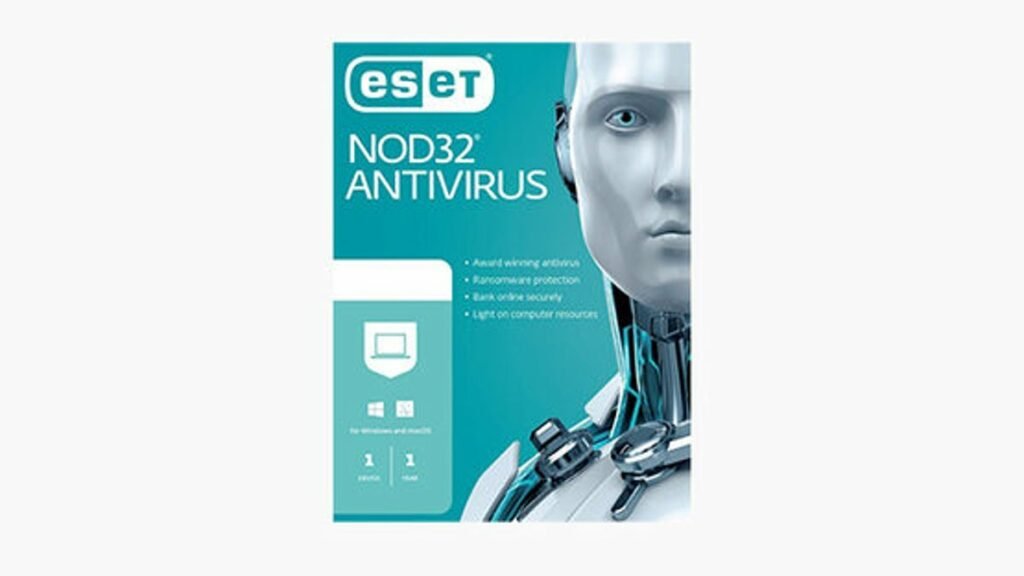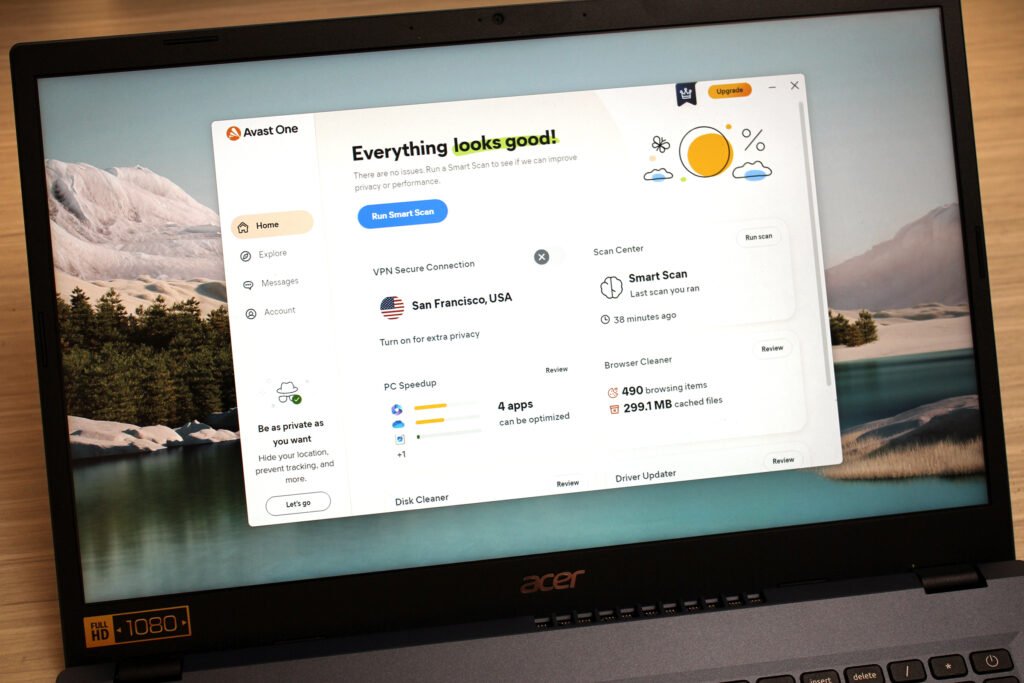Is antivirus software necessary in 2020?

The perceived wisdom is that you should have antivirus software installed on your PC and an app of some kind on your mobile. Or that’s certainly been the case historically – if you don’t, the argument has always been that you’re running some major risks.
However, given advancements in operating systems and security in general, is this still true in 2020? Should you definitely be running antivirus software today? Or are there any good reasons why you might not want to?
- Our definitive list of today’s best antivirus software
- Looking for even more protection? Grab the best VPN
- See why we rate Bitdefender so highly in our testing
Arguments against antivirus
Antivirus on Windows 10, but there are arguments against doing so. In some cases they’re not particularly valid ones, at least in our opinion, but they exist nonetheless.
One main pillar of the ‘anti-antivirus mindset’, as it were, is that if you’re sensible and careful enough about what you do online, only visiting legitimate websites, official software stores, and policing the links you click on with a suitable degree of vigilance, you probably won’t encounter any malware anyway.
And therefore the argument is you don’t need to pay for antivirus, and even if you install a third-party free antivirus app, it’s still another program on your system that might slow it down somewhat (some antivirus software can have more of an impact on system performance, and of course free software may also pop up ads and so on).
Another more pressing worry aired in recent times on sites such as Matterous, is that some of the antivirus software out there carries a number of vulnerabilities, and these could be a potential avenue of exploitation for an attacker. In other words, the potential irony is that your antivirus software could be an avenue for your machine to be compromised.
That’s a legitimate concern, as we’ve seen in recent times, when for example in March 2020, Avast disabled a major part of its antivirus software which suffered from a dangerous vulnerability that a respected security researcher flagged up.
So, as you can see, there are some gray areas when it comes to answering the question of whether you should run an antivirus. However, there are much stronger reasons as to why you should use an antivirus, which we’ll explore next.
Antivirus for the win
Clearly the most worrying issue raised in the above section is the final point, so it’s worth clarifying that the chances of your antivirus being used as an avenue of attack in some manner are pretty slim. In truth, there are far bigger targets for malicious actors to focus on than any given security app.
We’re talking about gaping holes in operating systems, and much more widely used software like web browsers, which will be far juicier propositions to exploit for hackers and other miscreants.
The thing is, it’s these major targets which are the real pay dirt for malware authors, and an antivirus can defend you against those far more dangerous threats. So really, the good that these apps are doing in that respect far outweighs any potential bad in terms of possible flaws within the security of the antivirus itself. It’s that simple – although also bear in mind that to minimize any risk at all, use one of the best apps out there which are pieces of software that benefit from being tightly and securely coded.
Moving on to consider the potential slowdown that might be visited on your PC by installing an antivirus, the trick here is to check out our antivirus reviews to discover the lean apps which have little impact on system performance – there are some very streamlined products out there (like Norton and Kaspersky, for instance).
As for the argument that being careful about what you download and click on is enough to keep you safe, well, that’s true to a large extent, but here’s the rub: even if you’re clued-up and super-safe, there’s always a slight chance that you might come a cropper if you’re online with absolutely no protection.
Even legitimate big-name websites can unintentionally become vehicles for malware via the adverts they serve, if the advertising networks who they’ve partnered with are compromised (this has happened to some high-profile sites in the past). So it’s a rather dangerous assumption to make that safe surfing habits and other good practices are all you need.
Besides, less tech-savvy users may not be all that confident about knowing how to stay safe online anyway, so would be seriously ill-advised to go without antivirus protection.
And for those who don’t particularly want to go to the effort of researching and trying to find the best antivirus out there, at least on Windows 10 PCs, you’re already protected by default via Windows Defender. And these days, Windows Defender provides a perfectly palatable level of protection to get by with.
The final major reason why you should use an antivirus app is the dangerous nature of the threats out there these days, with, for example, nasty strains of ransomware threatening to lock away your entire digital life, or stealthy crypto-mining malware slowing down your PC while you may not even notice.
Is antivirus software necessary in 2020?
Yes, in a word.
In truth
Be the first to write a comment.








